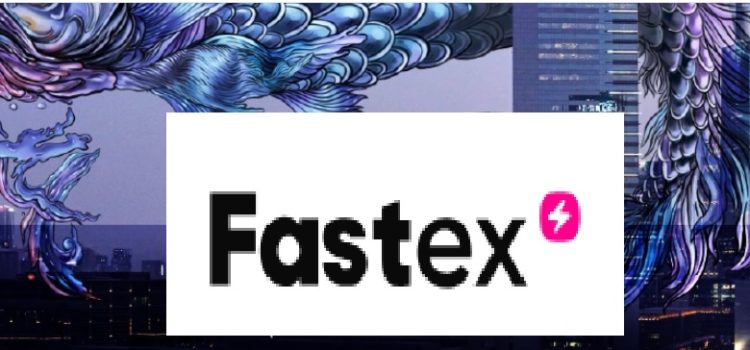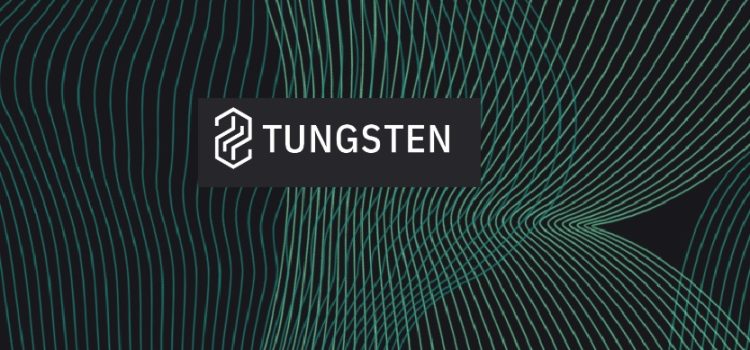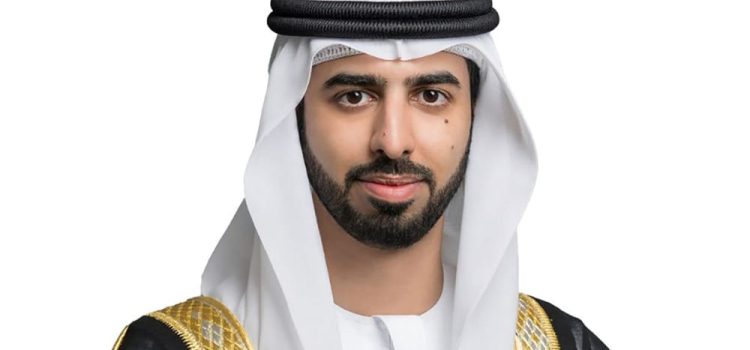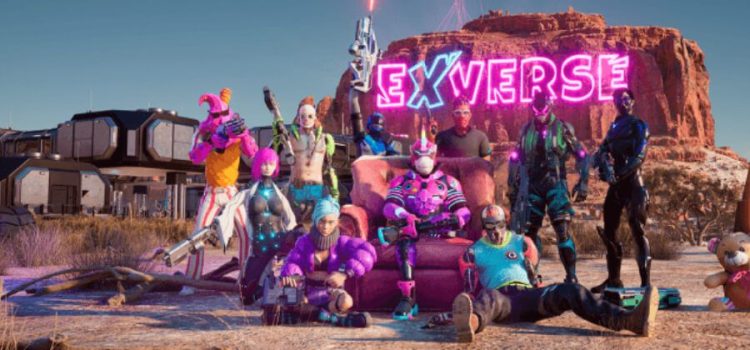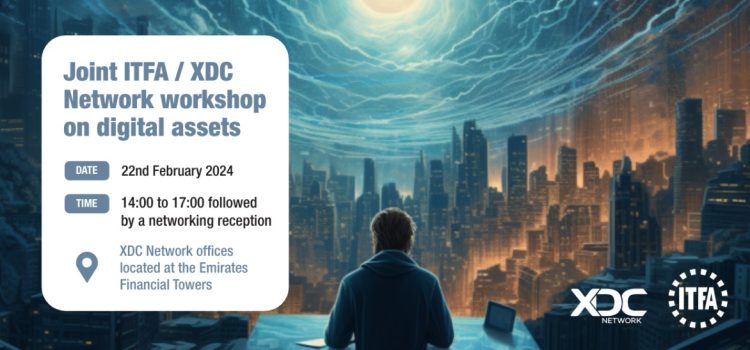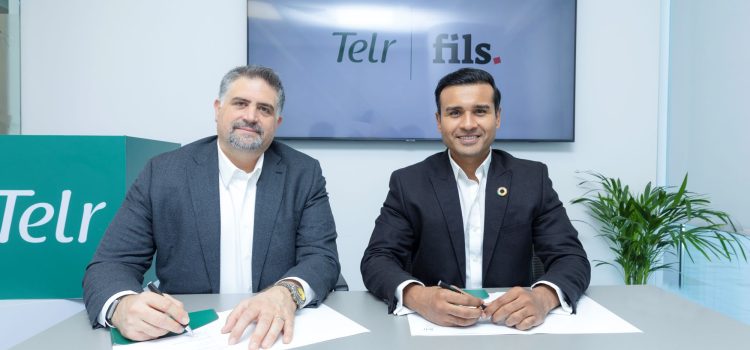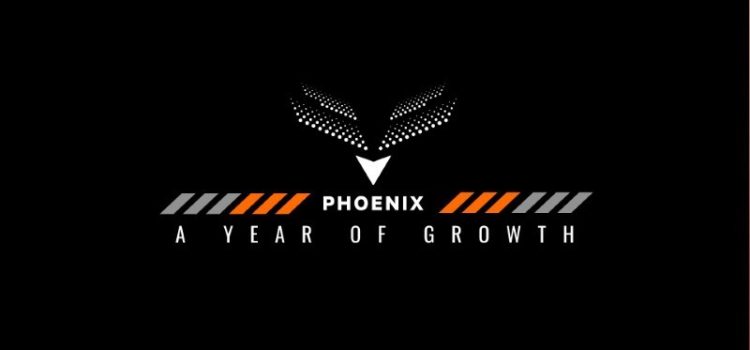Exverse, a UAE Web3 blockchain gaming project, incubated by launchpads that include KuCoin Labs, Seedify, Epic Games, and ChainGPT, has raised $3 million in a private round led by Cogitent Ventures, Cointelligence, and Moonrock Capital.
It also had additional support from industry leaders such as KuCoin Labs, Epic Games, Seedify, and ChainGPT. The funding will power preparations for the game’s testnet and token launch, forge additional strategic partnerships, and expand its marketing efforts in the APAC region.
Before closing its private seed round, Exverse forged strategic partnerships with a wide range of entities to ensure the startup has a full arsenal of tools to develop the strongest possible game, alongside a robust business model and marketing strategy. Seedify and KuCoin Labs provided guidance and mentorship via their incubation programs—with ChainGPT preparing Exverse for its upcoming launch —and Maven Capital advising the startup on its go-to-market strategy.
Spanning three planets, the Exverse ecosystem offers gamers an immersive experience and advanced gameplay by focusing heavily on competitive and intuitive mechanics, a fluid physics engine, and dynamic visuals. Exverse’s three planets—Social, Quest, and Battle—cater to different playing styles while remaining interconnected within a single timeline, where users compete in cycles known as seasons, lasting eight weeks.
The blockchain game is designed to foster community by allowing players to engage in social events and even develop user-generated worlds within an ever-expanding universe.
Built using Epic’s Unreal Engine 5, Exverse utilizes blockchain technology to strike the balance between enjoyable, realistic, and immersive real-time gameplay. The game prioritizes skill over pay-2-win mechanics, enabling players to earn rewards by staking tokens before a season’s kickoff, with top performers receiving a share of profits from in-game NFTs such as cosmetics and skins.
Ahead of its upcoming alpha launch with a 5,000-player tournament set for March, Exverse has already surpassed 65,000 verified signups. The deathmatch-style tournament occurring on the game’s Battle Planet precedes Exverse’s token launch and gives early wait listers an exclusive chance to test their skills.
“We see ourselves as pioneers in the gaming industry because we’ve built an AAA-quality, classic first-person shooter with Web3 elements,” says Fei Ooi Hoong, CEO of Exverse. “Our hybrid approach is the result of our understanding that for NFT or blockchain games to succeed post-bull market, they need to appeal to gamers in the same way as beloved titles like ‘Call of Duty,’ ‘Halo,’ and ‘Counter-Strike’ have. We decided to focus our efforts first on developing a fun and visually captivating game, and only then strategically working in the token mechanics in a way that rewards skill—all before conducting an IDO.”
“We are excited to be invested in such a promising gaming project like that of Exverse, who gracefully blends the best of Web2 with Web3,” says Sayantan Mitra, partner at Cogitent Ventures. “They boast a strong and visionary leadership along with a talented group of developers, and we are excited to see their project advance over the next several months.”
“It’s been a great pleasure working closely with the Exverse team during their incubation period with us,” says Esport Manager at Seedify. “They had a great vision, talented leadership, and an impressive team of developers that allowed them to get the most out of our incubator. Seedify continues working closely with Exverse to prepare the team for their testnet launch as well as providing a wide array of support, guidance, and infrastructure.”









